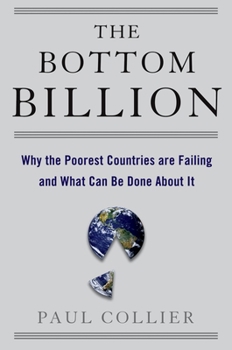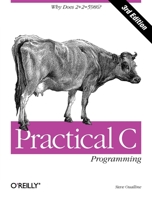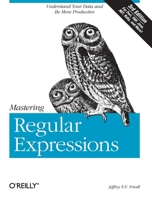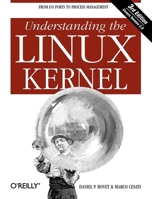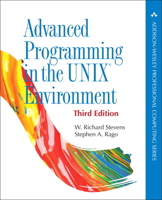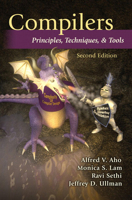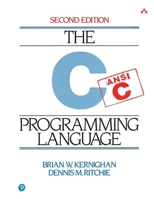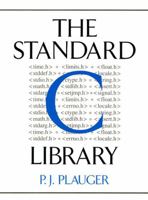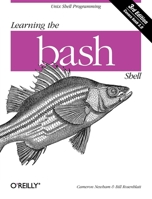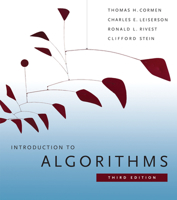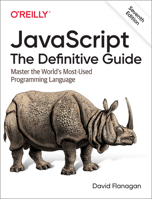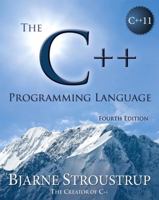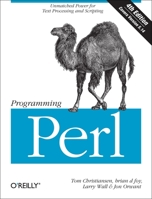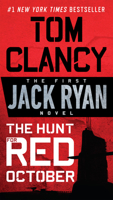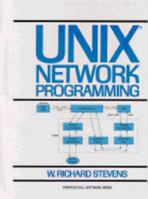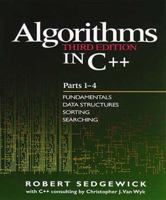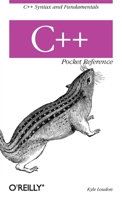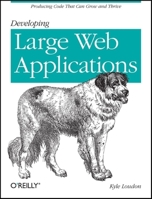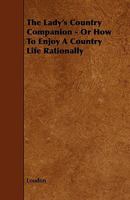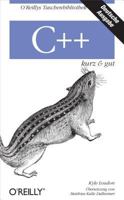The Bottom Billion: Why the Poorest Countries are Failing and What Can Be Done About It
Select Format
Select Condition 
You Might Also Enjoy
Book Overview
--The Economist "If Sachs seems too saintly and Easterly too cynical, then Collier is the authentic old Africa hand: he knows the terrain and has a keen ear.... If you've ever found yourself on one side or the other of those arguments--and who hasn't?--then you simply must read this book."
--Niall Ferguson, The New York Times Book Review "Rich in both analysis and recommendations.... Read this book. You will learn much you do not know. It will also change the way you look at the tragedy of persistent poverty in a world of plenty."
--Financial Times
Related Subjects
Education Education & Reference Education Theory History History & Theory Schools & TeachingCustomer Reviews
Rated 4 starsHelpful book on algorithms using C
C programming is still with us because of its high performance ability and this book outlines several algorithms using the language. It begins with a classification of algorithms as randomized, divide-and-conquer, dynamic programming, greedy and approximation. Some algorithms the author states defy classiification but he does not give examples. Pointers are discussed in the next chapter, and covers how to avoid dangling pointers,...
0Report
Rated 5 starsFantastic addition to any personal libriuary.
Just what I needed. One of those books I had to ring in sick to work, sit at home and read.Writing commercial c applications for the Internet, I was looking for a book to give me assistence with my coding. What I found was something which caused me to go back and rewrite a lot of my work!Starting by explaining exactly how memory is managed when calling fuctions, going on to explain, in english, how many commonly used...
0Report
Rated 5 starsStuff I have never seen before!
I have read a half-dozen or more books pertaining to C Algorithms, and most of them were the same. This touched on the usual stuff - sorting, hashing, linked lists, etc. But it touched on these subjects in ways that are so general purpose that the sample code can be used with little modification! It also adds a couple of new things such as Set algorithms and an explaination of how to pass functions as paramenters to functions...
0Report
Rated 5 starsI don't know what the first guy is talking about, but...
I loved this book. Saved me so much time and effort when I had to delve back into C after a two year hiatus. The code works, and works well! Good discussion of the whys and wherefores of the various algorithms
0Report
Rated 5 starsExceptional writing, elegant code, great examples
Mastering Algorithms in C is the most readable algorithms book I've ever encountered. Not only does the author have a tremendous command of English, he has a writing style that is simply a pleasure to read. The author also deserves mention as having one of the cleanest coding styles I've come across. Having taught and worked with computers for over 15 years, I've seen many. It is no easy feat to present the subject of algorithms...
0Report










